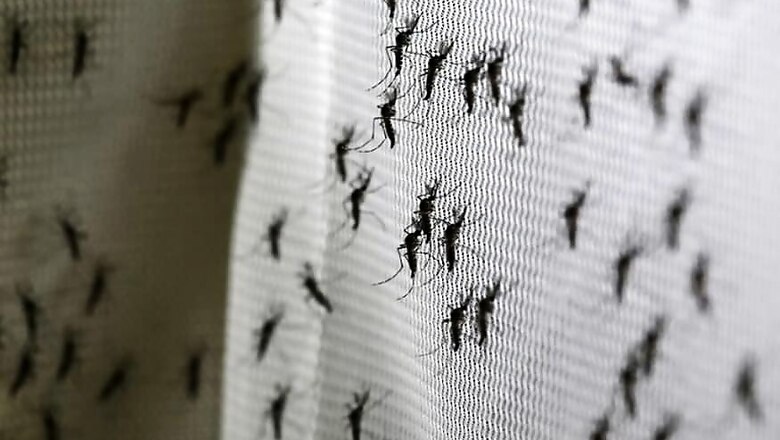
views
The felling of fauna in the Amazon basin is strongly linked to an increase in malaria cases, according to a large geospatial review. The review, conducted by Andrew MacDonald of Stanford University and Erin Mordecai of the University of Florida, found that as the rate of the mosquito-borne disease malaria cases climbs, the rate of land-clearing starts to fall.
Writing in the journal PNAS, the researchers said that it can be described as a “bidirectional socioecological feedback”. In simpler teams, it means that cutting down trees make people and once sick, they are unable to cut down any more trees.
To reach to that conclusion, MacDonald and Mordecai looked at geospatial data from 795 municipalities across the Amazon basin between the years 2003 to 2015. They report that deforestation has a strong positive effect on malaria incidence.
Interestingly, they are not the first investigators to look at the relationship between forest clearing and vector-borne disease transmission. However, earlier studies returned results that were unclear and ambivalent. According to them, a 10 percent increase in deforestation leads to a 3.3 percent increase in malaria incidence.
In 2008, they found that 1567 square kilometres of land was cleared across the basin and in the same period, there was an increase of 9980 malaria cases. They further reached the conclusion that for 1 percent increase in malaria incidence, there is a 1.4 percent decrease in forest area cleared.
The researchers further state that the increase in malaria cases is ecological while the decrease in clearing is because of socioeconomic factors.
According to them, the uptick in malaria cases is another example of unintended consequence of large-scale land conversion. Factoring such things into planning and policy is critical to achieving sustainable ecological, agricultural and public health outcomes.
They warn that ignoring this statistically well supported feedback leads to underestimation of the true effect of deforestation on malaria transmission.



















Comments
0 comment